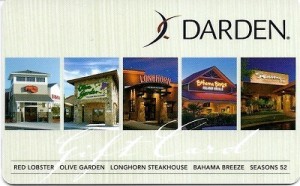The climate in Illinois is ideal for a heat pump: warm summers and spring weather, which the cooling function can easily overcome, and cold winters and fall weather that rarely plunges far enough to give the heating function many difficulties. If you have a heat pump installed in your home, you’ve made a wise investment in your year-round comfort.
But, like any machine, heat pumps will need repairs—especially if they don’t receive routine maintenance. Here are some of the common repairs we perform on malfunctioning heat pumps, which should help guide you when you start to experience issues with the one installed in your home.
Whatever the trouble with your heat pump, trust DuAll Heating & Cooling to bring you the heating repair service that will restore it to its prime working condition.
Heat pump repairs we often do:
Replacing faulty reversing valves. One way a heat pump differs from a stand-alone air conditioner is that it has a reversing valve to change the direction of the flow of refrigerant. This permits it to swap the functions of the evaporator and condenser coils. Should this valve malfunction or break, your heat pump will only be able to perform one of its jobs—and possibly lose the ability to do both.
Recharging refrigerant. The chemical known as refrigerant that runs through your heat pump to allow for heat exchange remains at a fixed level—known as its “charge”—during normal operation. Evaporation and condensation will not use it up. However, if the lines develop leaks, you could lose refrigerant. This will lead to icing on either the indoor or outdoor coil that will interfere with the heat exchange. Professionals will have to patch the leaks and recharge the refrigerant to its original level.
Fixing compressor motors. At the heart of the operation of a heat pump are two devices known as compressors, which compress refrigerant into a hot gas to begin the heat exchange cycle. A heat pump needs two compressors to run (an AC has only one), and if the motors that power them break, it will interfere with the heat exchange cycle. Dirty bearings and burnt wiring can cause motor failures, and the motors will either need to be repaired or replaced.
The moment you sense something is wrong with your heat pump—whether it’s a loss of cooling or heating power, or a strange grinding noise from the cabinet you’ve never heard before—call in HVAC professionals to diagnose the problem and fix it. The longer you wait to get repairs, the more likely the problems will escalate into more expensive repair.
For premium quality heating repair in Naperville, IL, contact DuAll Heating & Cooling. Our slogan is “quality with affordability”—just what you’re looking for.
Continue Reading
Tags: Heating Repair, Naperville
Posted in Heat Pumps | Comments Off on Common Heat Pump Repairs You May Encounter













